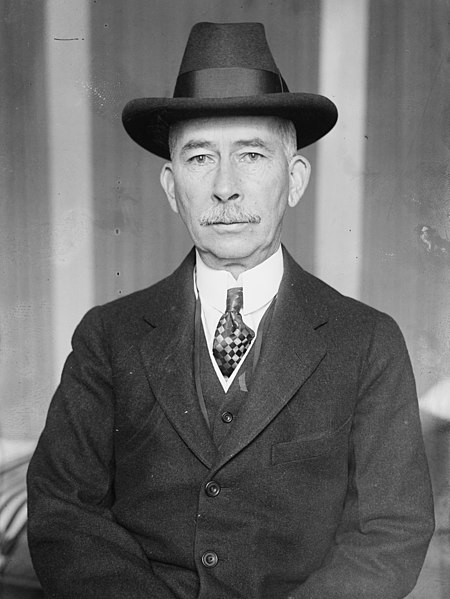The Inquiry was a study group established in September 1917 by Woodrow Wilson to prepare materials for the peace negotiations following World War I. The group, composed of around 150 academics, was directed by the presidential adviser Edward House and supervised directly by the philosopher Sidney Mezes. The Heads of Research were Walter Lippmann and his successor Isaiah Bowman. The group first worked out of the New York Public Library but later worked from the offices of the American Geographical Society of New York once Bowman had joined the group.

1919 group photo of Inquiry members at the Paris Peace Conference, sitting left to right: Charles Homer Haskins, Western Europe; Isaiah Bowman, Chief of Territorial Intelligence; Sidney Edward Mezes, Director; James Brown Scott, International Law; David Hunter Miller, International Law; standing Charles Seymour, Austria-Hungary; R. H. Lord, Poland; William Linn Westermann, Western Asia; Mark Jefferson, Cartography; Edward M. House; George Louis Beer, Colonies; D.W. Johnson, Geography;
Edward Mandell House was an American diplomat, and an adviser to President Woodrow Wilson. He was known as Colonel House, although his title was honorary and he had performed no military service. He was a highly influential back-stage politician in Texas before becoming a key supporter of the presidential bid of Wilson in 1912 by managing his campaign, beginning in July 1911. Having a self-effacing manner, he did not hold office but was an "executive agent", Wilson's chief adviser on European politics and diplomacy during World War I (1914–1918). He became a government official as one of the five American commissioners to the Paris Peace Conference of 1919. In 1919, Wilson broke with House and many other top advisers, believing they had deceived him at Paris.
House in 1915
Edward M. House, from An Onlooker in France 1917–1919 by William Orpen, 1921. Plate LXXXV
Edward M. House in 1920
Time cover, June 25, 1923





